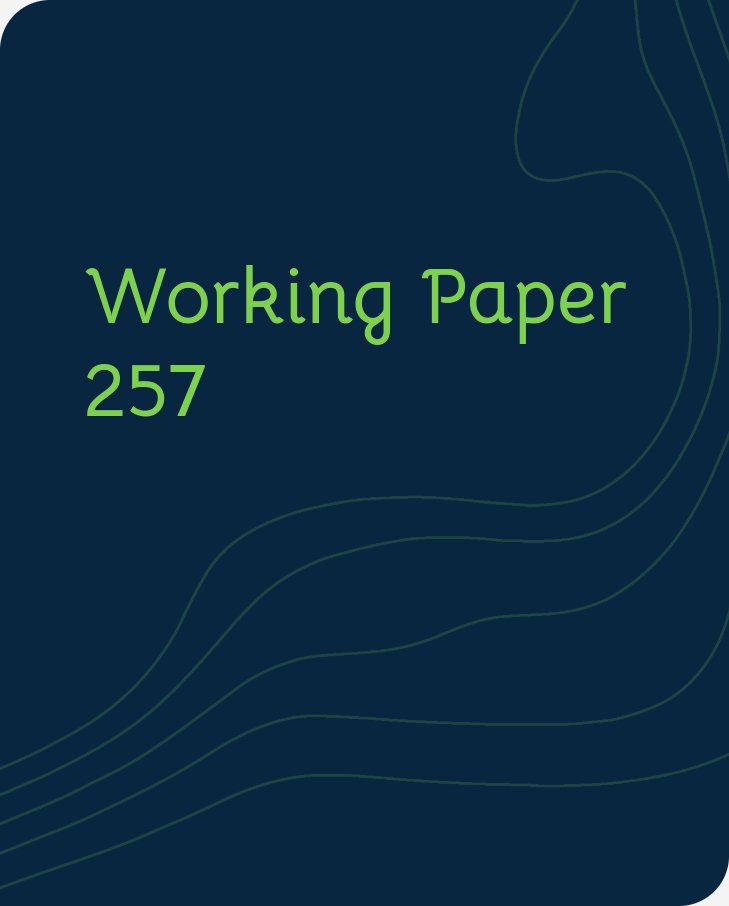Publication
Transition Report
Reform progress and transition indicators
Who we are
Overview: about the EBRDWho we are
Overview: about the EBRD
Learn about the EBRD's journey to investing more than €210 billion in over 7,400 projects.
What we do
Overview: how the EBRD operatesWhat we do
Overview: how the EBRD operates
Through projects, business services and involvement in high-level policy reform, we're doing more than ever before.
Work with us
Overview: how you can work with the EBRDWork with us
Overview: how you can work with the EBRD
We draw on three decades of regional knowledge and financial expertise to tailor our products and approaches to each client's needs.
July, 2021

By Orkun Saka, Barry Eichengreen, and Cevat Giray Aksoy
We ask whether epidemic exposure leads to a shift in financial technology usage within and across countries and if so who participates in this shift. We exploit a dataset combining Gallup World Polls and Global Findex surveys for some 250,000 individuals in 140 countries, merging them with information on the incidence of epidemics and local 3G internet infrastructure. Epidemic exposure is associated with an increase in remote-access (online/mobile) banking and substitution from bank branch-based to ATM-based activity. Using a machine-learning algorithm, we show that heterogeneity in this response centers on the age, income and employment of respondents. Young, high-income earners in full-time employment have the greatest propensity to shift to online/mobile transactions in response to epidemics. These effects are larger for individuals in subnational regions with better ex ante 3G signal coverage, highlighting the role of the digital divide in adaption to new technologies necessitated by adverse external shocks.
For media enquiries related to this working paper, please contact Ksenia Yakustidi, Media Adviser at the EBRD’s Office of the Chief Economist
YakustiK@ebrd.com
All Working Papers
The Working Paper series seeks to stimulate debate on transition in the EBRD regions.
